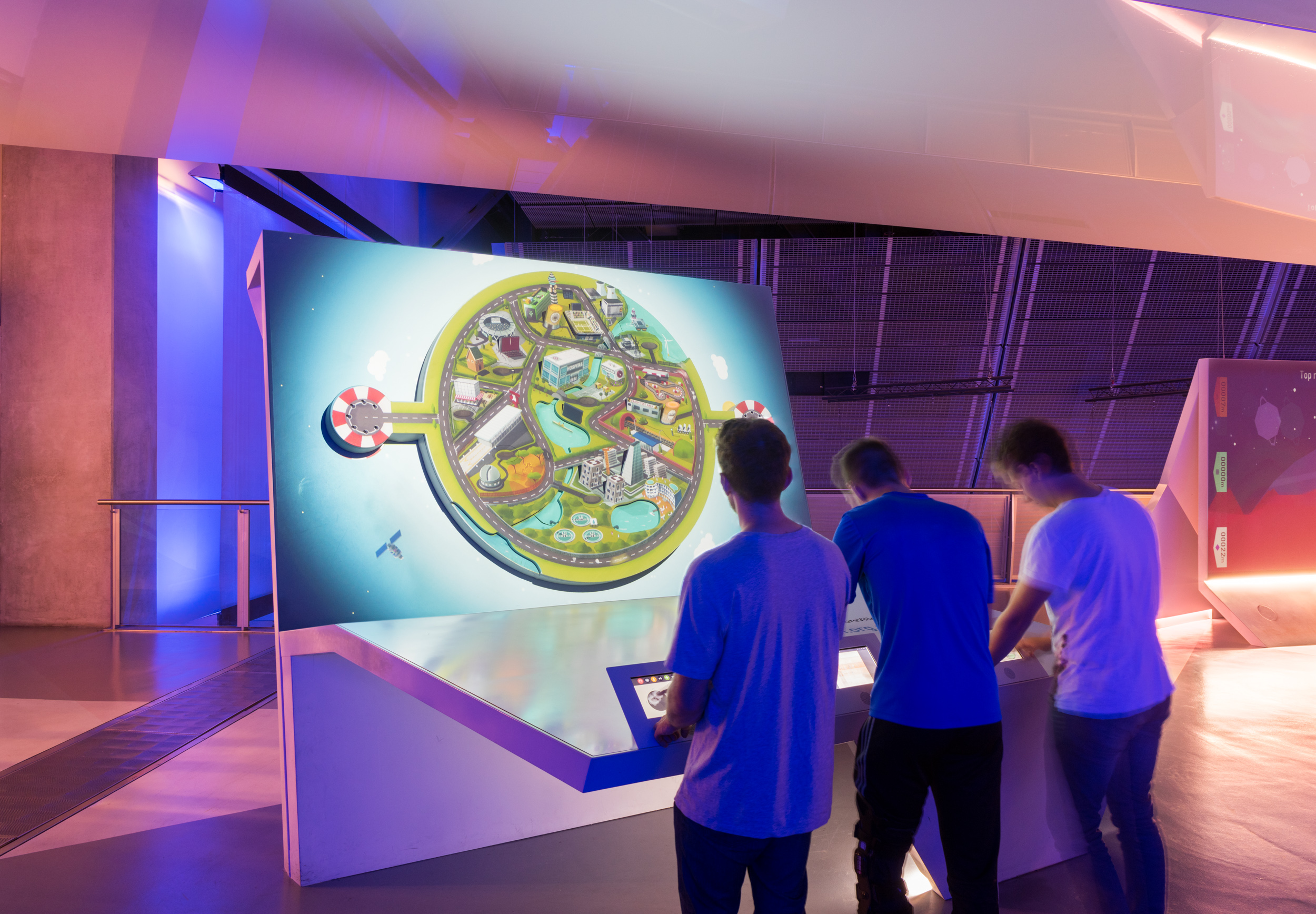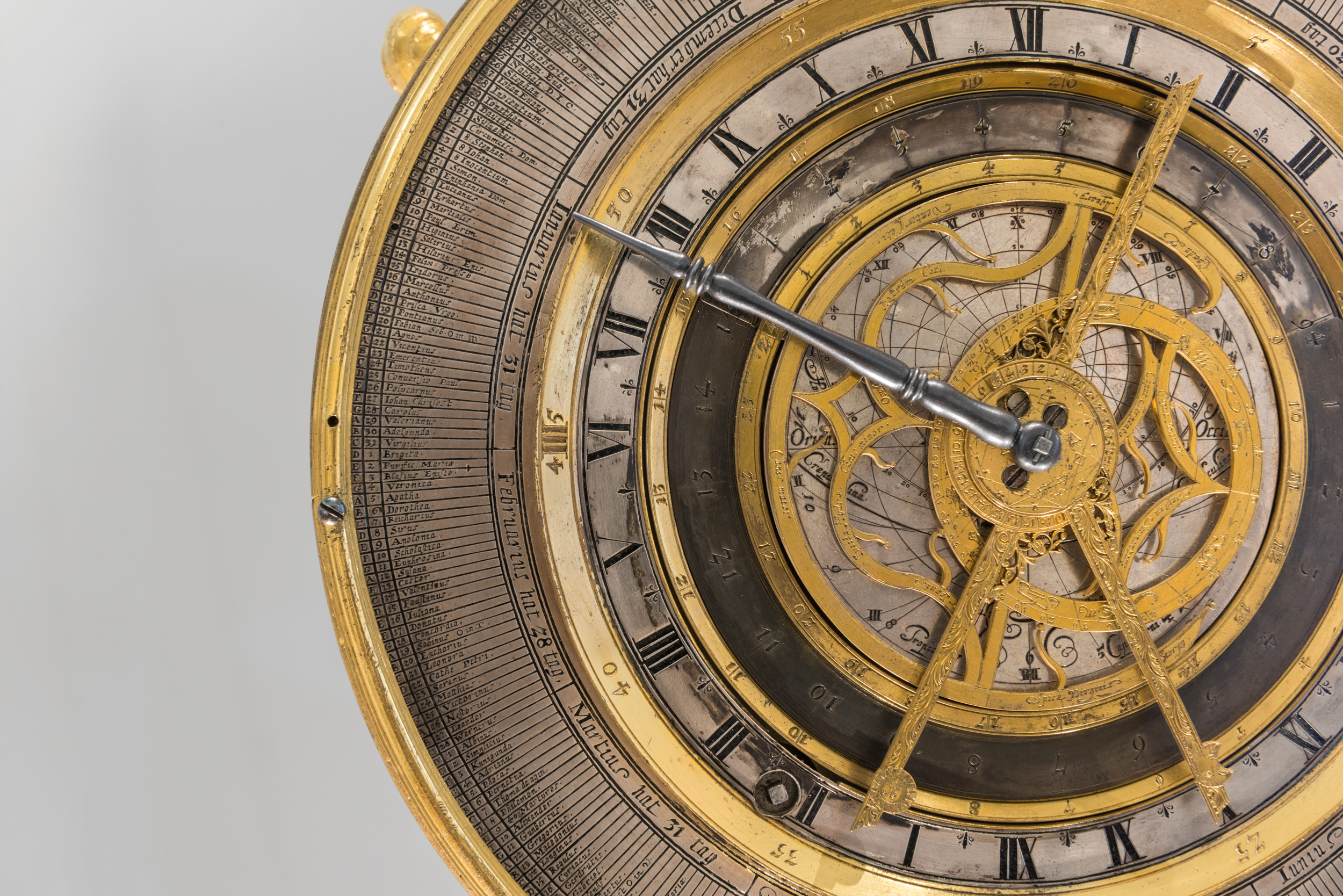1. Steer clear of social jet lag
Your body can only adapt to small changes in your sleep-wake cycle, so even the occasional late night can make you feel jet-lagged and throw your body out of sync. Try to go to bed at the same time every night and keep a regular routine.
2. Invest in good blinds for your bedroom
Modern LED street lights are better for the environment than old-style sodium ones, but the American Medical Association warns that the bright white light they emit can confuse our bodies into thinking it’s daytime when it’s really night. Invest in heavy, light-excluding blinds for your bedroom to reduce this potential health risk.
3. Don’t Drink coffee late at night

Every day, your body clock drives a 24-hour cycle of biological events called the circadian rhythm. The circadian hormone melatonin signals when it’s night-time and therefore time to sleep. Drinking coffee at night delays the release of melatonin into your system and fools your body into thinking that night-time won’t arrive until later.
In turn, the release of melatonin rolls over into the following day, which makes it difficult to get out of bed when it’s time to do so. A double espresso in the evening delays your clock by around 40 minutes. According to a study from the University of Colorado Boulder and the MRC Laboratory of Molecular Biology, you would have to get up that much later the following morning to feel awake.
4. Switch TO circadian lighting
Circadian lighting mimics Earth’s 24-hour daylight cycle and has the potential to elevate human health, mood and performance. The inhabitants of the International Space Station witness 16 sunsets every 24 hours, so circadian lighting is presently being tested there in an attempt to keep the astronauts in peak condition. Soon we may be installing these lights in our homes and offices too.
5. Avoid shift work
Shift work is associated with a host of health impacts and is the surest way to disrupt the circadian rhythm. According to a 2016 report by the Trade Unions Congress, one in eight of Britain’s workers work at night and that number is increasing. We can’t ban shift working but we can minimise its disruptive effects by planning shifts with circadian rhythms in mind and enabling people to keep their sleeping patterns as regular as possible.
6. TURN OFF screens at night

Your body clock’s main external stimulus is light, and exposing it to light at the wrong time disturbs its balance. Today’s electric lights are brighter, whiter and more numerous than the mellower, yellower lights of the past. Light emitted by phone and computer screens is in the blue wavelength, which is more disruptive than light in the yellow wavelength. Reducing your exposure to screens at night can significantly reduce its negative effects.
7. Eat at the right times
Many stimuli play important roles in keeping our chronotypes in sync. Among them are the times at which eat. These are key external cues for our metabolism, which anticipates that we will eat during our active daytime hours and fast at night. Irregular mealtimes or night eating can confuse these signals and befuddle our body clocks, so it’s important to eat at regular and expected intervals.
8. Check your chronotype
Are you a lark or an owl? That is: are you good to go to bed and get up early, or do you love late bedtimes and lie-ins? The place on the spectrum where you perceive yourself to be is the factor that defines your chronotype.
If you’re in your late teens or early twenties you’re much more likely to be an owl. But don’t beat yourself up if you find it a struggle to wake up in the mornings—it might not be because your body clock’s disrupted, but simply that your personal chronotype doesn’t fit into the overarching schedule that society imposes on us.
